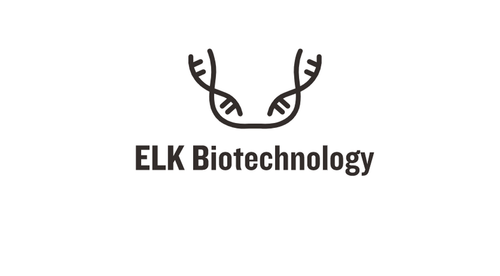Product Description
Pig Anti-Mullerian hormone (AMH) ELISA Kit | AE63269PI | Abebio
Species Reactivity: Pig (Sus scrofa; Porcine)
Abbreviation: AMH
Alternative Name: MIF; MIS; Mullerian inhibiting factor|Mullerian inhibiting substance
Application: ELISA
Range: 370.4-30000 pg/mL
Sensitivity: 133.8 pg/mL
Intra-Assay: ≤5.7%
Inter-Assay: ≤7.8%
Recovery: 0, 98
Sample Type: Serum, Plasma, Other biological fluids
Detection Method: Sandwich
Analysis Method : Quantitive
Test Principale: This assay employs a two-site sandwich ELISA to quantitate AMH in samples. An antibody specific for AMH has been pre-coated onto a microplate. Standards and samples are pipetted into the wells and anyAMH present is bound by the immobilized antibody. After removing any unbound substances, a biotin-conjugated antibody specific for AMH is added to the wells. After washing, Streptavidin conjugated Horseradish Peroxidase (HRP) is added to the wells. Following a wash to remove any unbound avidin-enzyme reagent, a substrate solution is added to the wells and color develops in proportion to the amount of AMH bound in the initial step. The color development is stopped and the intensity of the color is measured.
Product Overview: Anti-Müllerian hormone (AMH) is a dimeric glycoprotein that inhibits the development of the Müllerian ducts in a male embryo. It is named after Johannes Peter Müller. AMH is a protein hormone structurally related to inhibin and activin, and a member of the transforming growth factor-β (TGF-β) family. It is present in fish, reptiles, birds, marsupials, and placental mammals.In mammals AMH is secreted by Sertoli cells of the testes during embryogenesis of the fetal male and prevents the development of the mullerian ducts into the uterus and other mullerian structures. The effect is ipsilateral, that is each testis suppresses Müllerian development only on its own side. In humans this action takes place by 8 weeks gestation. In female embryogenesis the absence of AMH allows for the development of upper vagina, uterus and cervix, and oviducts.
Stability: The stability of ELISA kit is determined by the loss rate of activity. The loss rate of this kit is less than 5% within the expiration date under appropriate storage condition. The loss rate was determined by accelerated thermal degradation test. Keep the kit at 37°C for 4 and 7 days, and compare O.D.values of the kit kept at 37°C with that of at recommended temperature. (referring from China Biological Products Standard, which was calculated by the Arrhenius equation. For ELISA kit, 4 days storage at 37°C can be considered as 6 months at 2 - 8°C, which means 7 days at 37°C equaling 12 months at 2 - 8°C) .
 Euro
Euro
 USD
USD
 British Pound
British Pound
 NULL
NULL








